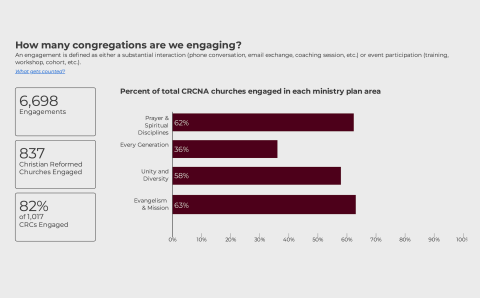What exactly is emotional health, and how can I tell if I am emotionally healthy?
Accepting painful experiences in life is integral to being emotionally healthy. All human beings are flawed and thus prone to hurt others and themselves, both on purpose and unwittingly. But it is healthier to accommodate, talk about, and learn to accept emotionally based “conditions” rather than hide behind pretense while feeling inadequate, worried, ashamed, or helpless. It is always better to accept oneself warts and all, as the saying goes, than to suffer silently behind a facade or cause the suffering of others by lashing out.
Emotional health includes being able to experience a full range of emotions—not just the primary ones of joy, anger, sadness, fear, and guilt, but also the many shades of emotions we feel when we add feelings such as jealousy, happiness, or pride, which are secondary in strength and impact. Our emotions invite us to examine the “why” of a given situation or experience.
When I am in danger I should feel fear; when an injustice occurs, anger. If instead I feel nothing, then I can conclude that my emotions are being blocked for some reason. Not allowing ourselves to feel something because for some reason we consider that feeling to be wrong robs us of connection and peace. That is unhealthy.
All of us have the capacity at times to misread what we feel. We accept false narratives that lead to paranoid thinking; we descend into self-pity; we prop ourselves up with false pride. We are all prone to lapsing into unhealth. But to be emotionally healthy means to live in the present with hope, confident in the knowledge that God, who knows our weaknesses, loves us anyway, and therefore we may love ourselves too.
About the Author
Judy Cook is a family therapist and a member of Meadowlands Fellowship CRC in Ancaster, Ontario.









